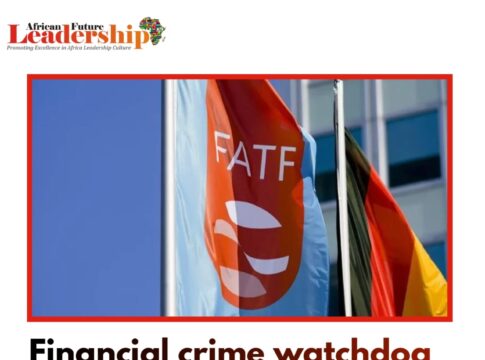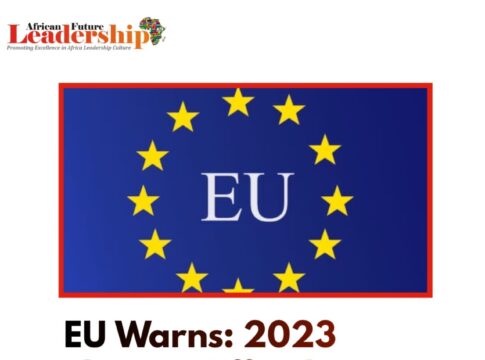The international financial watchdog, the Financial Action Task Force (FATF), on Friday added South Africa to the “grey list” of countries under special scrutiny to implement targeted measures to prevent money laundering and financing terrorism.
The addition to this list is a setback in the name of the most advanced African economy, which is trying to make up for the weaknesses identified by the FATF.
The Rand extended its losses against the dollar after the watchdog’s decision, as it traded down around 1.3% on the day.
Analysts say increased FATF scrutiny could mean South African clients of international financial institutions will be subject to stricter audits.
South Africa’s central bank and National Treasury said in separate statements that they noted the watchdog’s decision and would work to address its concerns.
The Treasury said it expected a limited impact from the grey-listing on financial stability and the costs of doing business with South Africa.
“The costs of increased monitoring will be substantially lower than the long-term costs of allowing South Africa’s economy to be contaminated by the flows of proceeds of crime and corruption,” it said.
The Paris-based FATF also added Nigeria, Africa’s biggest economy, to its grey-list on Friday.
It said both South Africa and Nigeria had made high-level political commitments to address the deficiencies it had found.
READ MORE: Canada trounces U.S. 5-0 for fourth straight win to claim Rivalry Series
Having South Africa added to the grey-list could also complicate its attempts to obtain funding and support from multilateral development institutions and official lenders, analysts said.
“We see limited market and growth impacts short run but this will grow over time if foreign banks think SA (South Africa) will be stuck on the list,” said Peter Attard Montalto, a managing director at research firm Intellidex.
Being put on the grey list could disrupt a country’s capital flows, the International Monetary Fund found in a 2021 paper, with banks possibly exiting relationships with customers based in high-risk countries to reduce compliance costs.
The move was widely anticipated, said Razia Khan, Standard Chartered managing director and chief economist, Africa and Middle East.
“What matters a whole lot more is the remedial action pledged by the authorities, including the SARB and Treasury, which raises hope of an eventual exit from the grey list,” she said.




